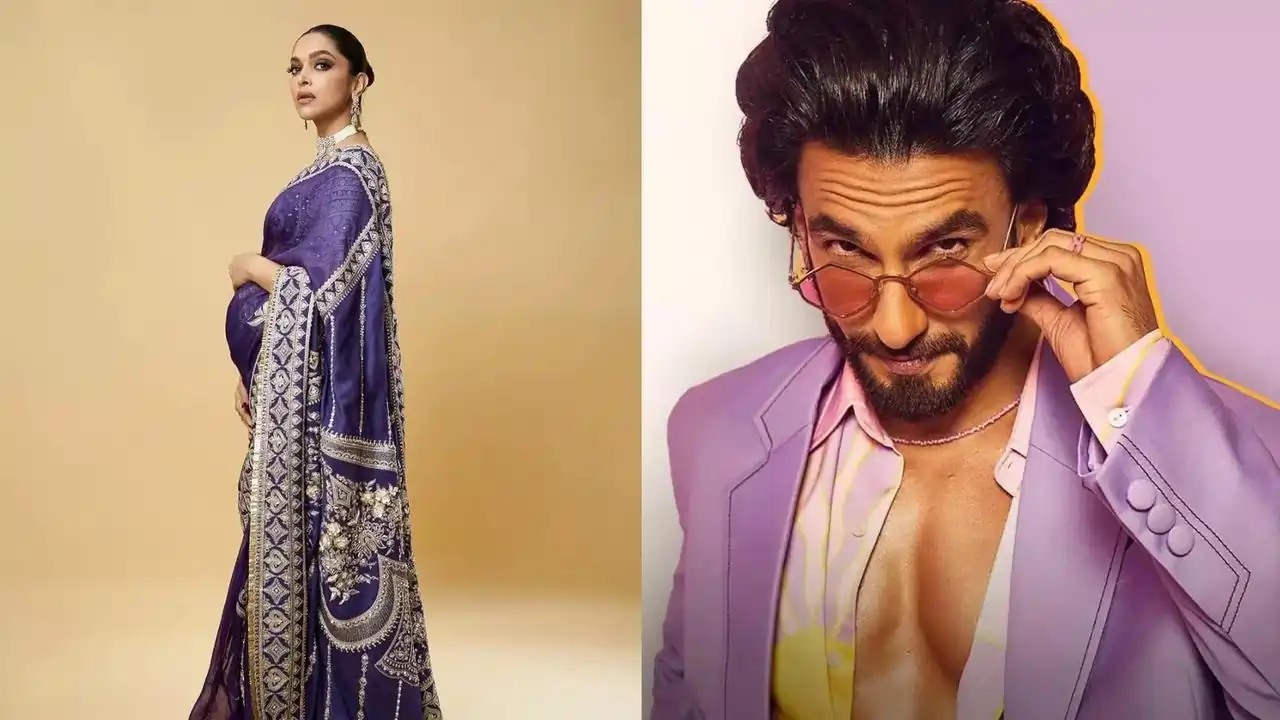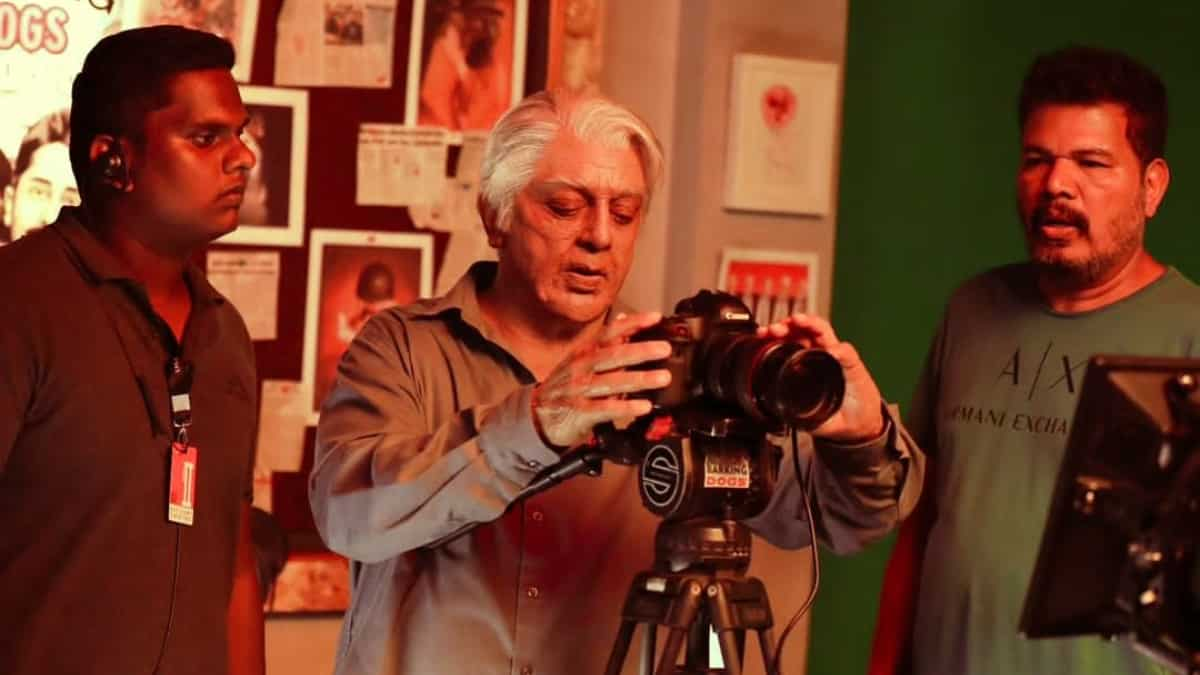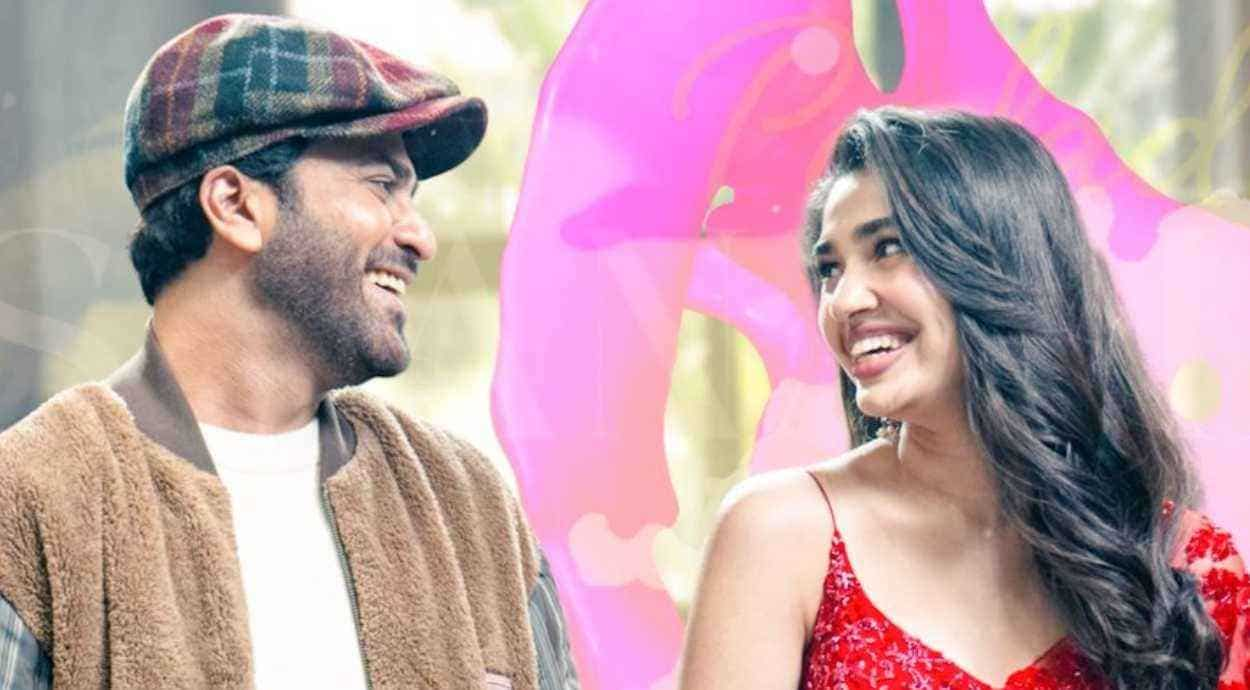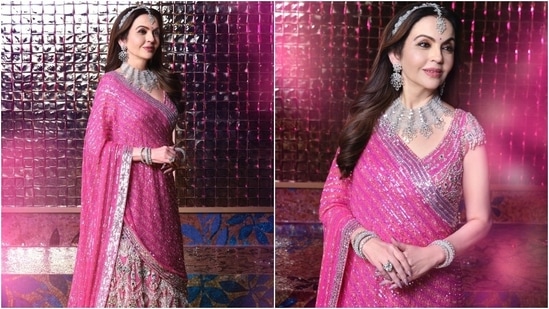
These young debut musicians are making themselves heard amid AI tunes
1 month ago | 40 Views
These young, new musicians are facing family pressure, juggling full-time jobs, and battling the rise of AI. They tell us what it’s like to debut in 2024

Pink Moss Xathor. Released in April 2024
The four-member Goa band’s debut song, Xathor, means riddle in Assamese. Vocalist Sampriti Dastidar says it grew out of a conversation with her sister, who was getting bullied in school because of her stretch marks. It reminded Dastidar of all the taunts she faced as a dark-skinned kid. “Such comments bring down one’s self esteem and can cause trauma for life. Xathor was a response, in hope that women find empowerment through it,” she says.
Xathor has a pop and jazz vibe. The band, with Dastidar on vocals, Siddharth Rajmohan on drums, Subid Khan on guitar and Souvik Bhattacharya on bass, draws influences from such acts as Moonchild, Hiatus Kayote, and Ezra Collective, and from R&B and soul.
They’ve already picked up their first lessons about the music scene in 2024. Pink Moss wanted to release an EP with three songs. Their distributor told them that for a three-song collection, at least one of the songs would have to be 10 minutes long. So they decided to do what so many artists now do: Release all three songs as singles instead.
They’re also learning how much the perception of good-quality music is related to a band’s online buzz. “It has become more about creating content continuously to stay relevant and get followers than putting out good art,” says Dastidar.

Gaurav Sharma Butterflies. Released in January 2024
Gaurav Sharma, 25, grew up listening to Haryanvi folk music in his hometown, and Bollywood hits while growing up in Delhi. It didn’t just play in the background. “My mother paid attention to the vocal texture and the pitch of the songs,” he recalls. She also encouraged Sharma to sing and enter competitions just to enjoy the experience.
At school in Ghaziabad, he discovered Green Day and John Mayer. As a history student at Delhi University’s Ramjas, he experimented with scatting (singing a melody using just vowels). He wanted to become a film director, a decision that his businessman dad and homeworker mum shot down. “Music was the rebound,” says Sharma. Luckily, he had a wide range of genres swimming in his head already.
Sharma’s debut song, Butterflies, a contemporary jazz-pop mix, released in January, and had been in the making since at least 2019. It was born as he was preparing to play an originals-only, 15-minute, open-mic set. The opening lyrics, “Come by. Sit down and listen”, seemed fitting for a first-timer urging the world to tune in to his stories about life.
But debuts don’t come cheap. Sharma has spent ₹1.3 lakh on this song alone, recording, paying musicians and creating a music video that comes out later this month. He also shot enough BTS footage for promos. “Content matters because people only engage with your art when they like your content,” says Sharma.
Sharma has been tracking Butterflies since its release. Turns out, it’s had the most streams in the Czech Republic! It’s made him sceptical about leaving art to the bots. “Today, labels want musicians to be famous already, with 20k Instagram followers, to manage them. A part of me wants to be John Mayer, but really, I just want to talk to people through my songs.”

Ishita Thawait Aahat. Releasing at the end of the year
By day, Thawait, 24, is a UI designer in Bengaluru, the kind of person who makes the interface of an app or site easy to use. But she has a parallel life as a musician, built on years of living in Bhopal, listening to her grandmother humming old Bollywood songs, taking Hindustani classical vocal classes, and exploring Western pop and rock.
She likes the double life. “Music is an expensive profession – there’s little financial stability. So, I’m being cautious and not putting all my eggs in the one basket,” says Thawait. “I would rather spend an extra hour and work on doing two things effectively, than neither.”
Thawait says she wrote Aahat, a slow pop song, in a single evening when she was 20 years old, after (duh!) a broken relationship. She sings about someone who is tired of everyday neglect, asking their partner for one simple thing: To communicate with them. “It’s something a lot of people have experienced. I hope people listen to this single and maybe feel they are not alone,” says Thawait.
The song won’t be out for months. But in the social-media age, trepidation hits different. An artist is as likely to go viral as get cancelled. The algorithm – mysterious, greedy, fickle – shouldn’t matter, she says. “It’s hard work that you decide to put in that does,” she says. “People are putting out intelligent music as well as tunes to mindlessly groove to. Both are important.” As is being original, with terms and conditions. “There might be a lot of music that might remind people of my song. What matters is that people know my song to be reminded of it in the first place. If they feel that there is truth in it, they will add it to their playlists. That’s when my work is done.”

Diane Zoengsangi Untitled. Releasing at the end of 2024
Diane Zoengsangi, 22, grew up in Aizawl, Mizoram, with gospel music and choral arrangements in church and the Beatles and Abba at school. “I don’t remember when I started singing because I was always singing, and I would scribble random lyrics as a child,” she says. As a teen, she picked up her father’s guitar and learnt a few chords. By 19, she had her first song ready.
Three years in, Zoengsangi is pursuing a degree at NIFT Delhi, but working on music too. She’ll release her first song this year, with Delhi band Sol Sundae. They don’t have a title yet, but the lyrics build on the idea of falling in love in summer by the beach. It seems like it a chill gospel-pop work, full of tricky vocals in Zoengsangi’s deep, textured voice. “I like writing songs that have pop elements and were cheerful but sentimental,” says Zoengsangi.
She’s been approaching her songwriting the way most scientists view lab experiments, with questions at the end: Is it original? Did she enjoy the process? Has she revised it to its best potential? “I want to make songs that have timeless lyrics and melodies so that they do not burn out quickly, the way most pop songs do today,” says Zoengsangi. “Attention spans have shrunk to eight seconds per Reel. That should not affect how I create my music, and it doesn’t.”
Meanwhile, there’s one challenge right at home. Her family, despite loving music, isn’t thrilled about her music career. “It is still regarded as a choice that won’t put money in my pocket. Being from a small town doesn’t help either,” she says. It’s exactly the kind of scepticism that’s egging her on, even as it keeps her grounded. Zoengsangi says she’d rather stay out of the limelight. “I detest the idea of being on everyone’s radar. People pry and take unsolicited interest in my life.”
Read Also: kleptomania: why do some people feel an irresistible urge to steal
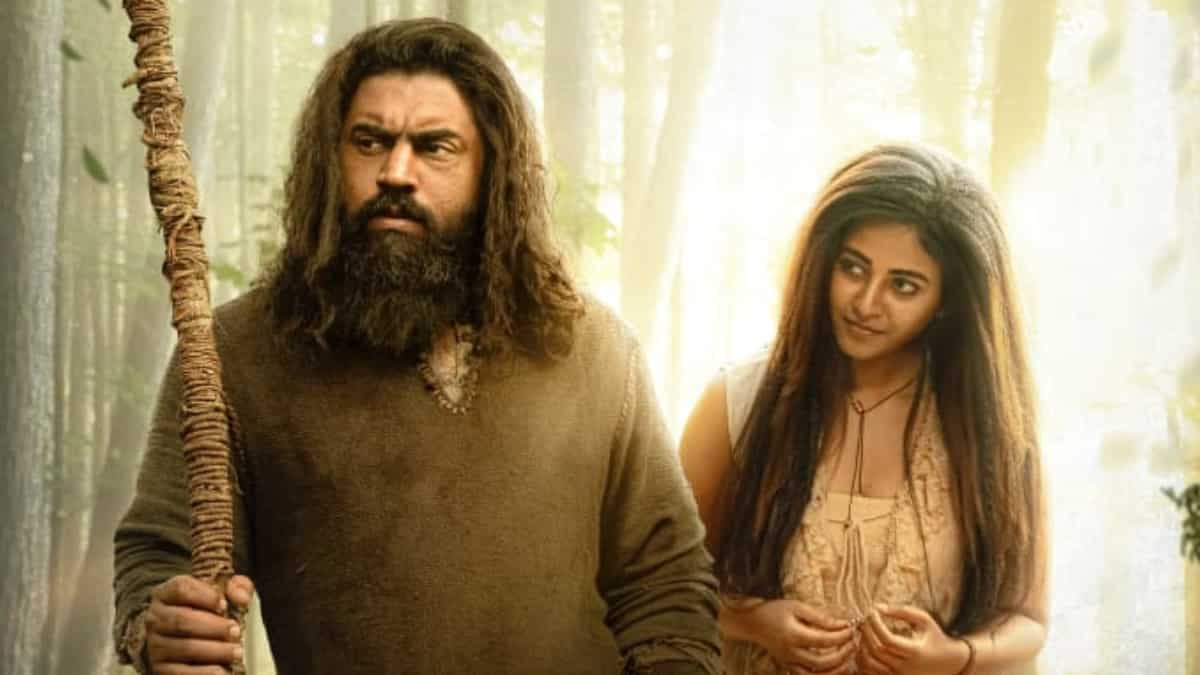
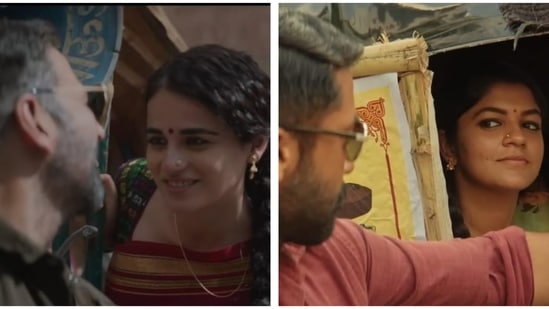
.webp)




